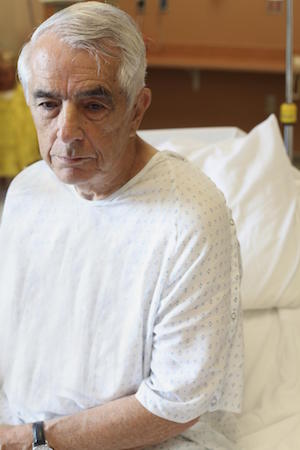Estate Planning – Caring for Elderly Parents
Since 1900, life expectancy for Australians has increased by over 30 years. The average life expectancy of a newborn girl used to be 51 years. Now it is 84 years. But how do we care for our elderly relatives once they begin to lose the ability to care for themselves?
Over the past 125 years there have been massive changes in our health and lifestyle. What Australians now die of, and the age at which they die, is very different to what it used to be. Up until 1932, infectious and parasitic diseases caused at least 10% of all deaths each year, with death rates from these diseases highest among the very young and very old. Improvements in living conditions, such as better water supplies, sewerage systems, food quality and health education, have led to overall lower death rates and longer life expectancy at all ages.







